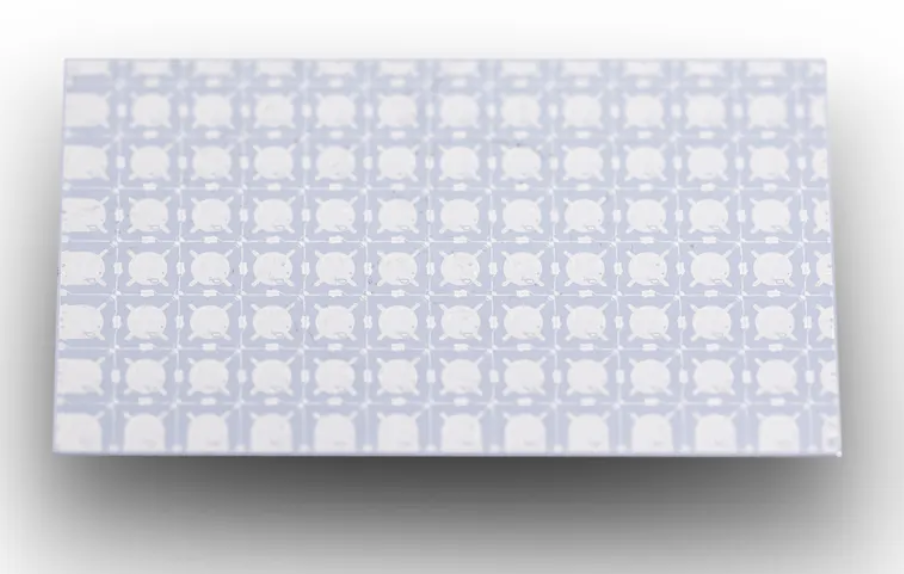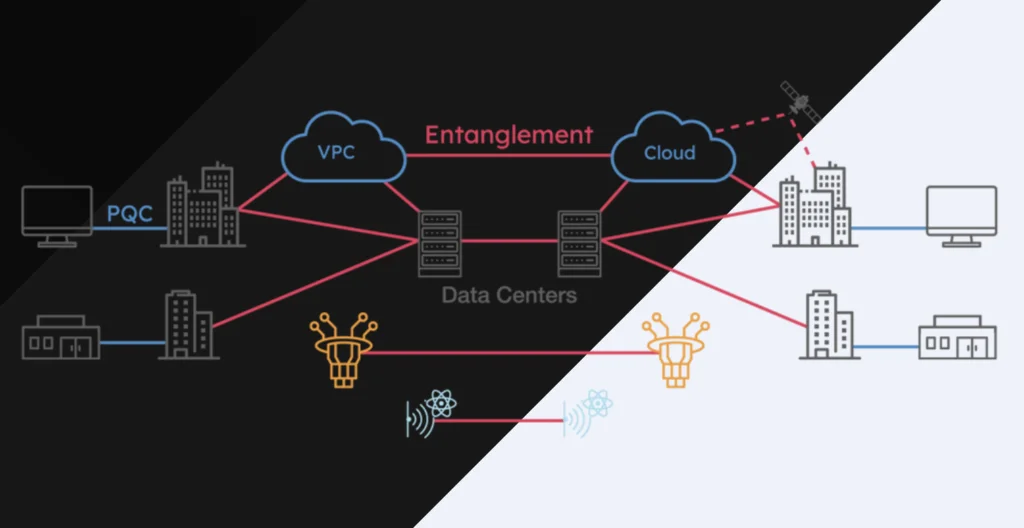Insider Brief
- Rigetti announced the roll out its fourth-generation Ankaa-1 system.
- The 84-qubit system has been internally deployed and the company believes architectural approach offers potential for achieving narrow quantum advantage.
- Tunable couplers is the key to the improved performance of this generation QPU.
Rigetti, a pioneering quantum technology company, has recently rolled out its fourth-generation quantum processing unit (QPU), known as the Ankaa-1 system, according to a company blog post, written by Andrew Bestwick, VP of Quantum Design Architecture.
The post reports the 84-qubit system has been internally deployed and the company believes architectural approach offers potential for achieving narrow quantum advantage (nQA). The company also calls out its continuing collaboration with Riverlane.
The company’s fourth-generation architecture melds its hallmark traits of accessibility and scalability with two-qubit gates, facilitated through tunable couplers. This design results in enhanced performance and heightened capabilities for executing quantum operations. The Ankaa-1 system, which is the maiden QPU based on this architecture, represents a pivotal advancement in Rigetti’s technology and the broader realm of superconducting qubits.

An important feature of the novel architecture lies in the increased speed and density of gates and inter-qubit connectivity. As the company said, the Ankaa-1 system offers accelerated gate operations and denser connections among qubits compared to prior iterations. This enhancement potentially opens avenues for the development of applications and algorithms, potentially catalyzing progress within quantum computing applications.
The company believes that this architecture holds the promise of achieving narrow quantum advantage (nQA), as stated in the post. While the concept of quantum advantage usually refers to the moment when quantum computers outperforms classical counterparts in specific tasks, Rigetti suggests nQA signifies achieving advantages even when the computational disparity is marginal.
Riverlane has been tapped as inaugural collaborator using the Ankaa-1 system. Riverlane is concentrating on refining error correction methods tailored to this new architecture, according to the post.
“After having launched the Ankaa-1 system internally, we are excited to have our longtime partner, Riverlane, as the first external partner using the system to work on improving error correction techniques on our new architecture,” Subodh Kulkarni, Rigetti Chief Executive Officer, said in an announcement. “We also look forward to making Ankaa-2, our most innovative system to date, available to the general public in Q4 of this year.”
Their early efforts with the Ankaa-1 system leverage Riverlane’s quantum error correction expertise. The primary objective of this partnership is to shape upcoming strategies and enhance error correction implementations.
Steve Bierly, CEO of Riverlane, is quoted in the post: “We are excited to be the first Ankaa-1 system external users. This project enables us to target real-time error correction decoding with our algorithms on Rigetti’s FPGA hardware, which we hope will help improve performance on future systems.”
Tunable Couplers
Preliminary findings from the Ankaa-1 system are encouraging, as reported in the blog post. The median duration for two-qubit gate operations on this system is nearly three times quicker compared to the Aspen-M-3 system, Rigetti’s 80-qubit processor based on scalable multi-chip technology. And, while the Ankaa-1 only represents a 4-qubit advantage over Aspen, the blog post indicates the use of tunable couplers leads to impressive performance enhancement and points toward the potential for more efficient and rapid quantum computations.
Addressing the intricacies of managing interactions between adjacent superconducting qubits has been a perennial challenge in quantum computing. According to the company’s explanation in the blog post, the Aspen-class systems employed a strategy involving fixed coupling between neighboring qubits and precise control of resonant frequencies. In contrast, the Ankaa-1 system introduces its solution – tunable couplers.
As the post indicates, tunable couplers offer the unique capability of allowing qubits’ frequencies to be parked in close proximity while simultaneously deactivating interactions. The application of a slight adjustment to a tunable coupler, as explained in the post, can result in robust gate operations between neighboring qubits, even when they are at rest. This innovation engenders a quantum system marked by minimal unwanted interactions during periods of inactivity and swift entanglement of qubit pairs when required.
In Rigetti’s second quarter earning’s report, the company announced total revenues for the second quarter of 2023 were $3.3 million, while operating expenses were around $19 million. The company expects to have cash, cash equivalents, and available-for-sale securities of between $65-$75 million at the end of 2023













